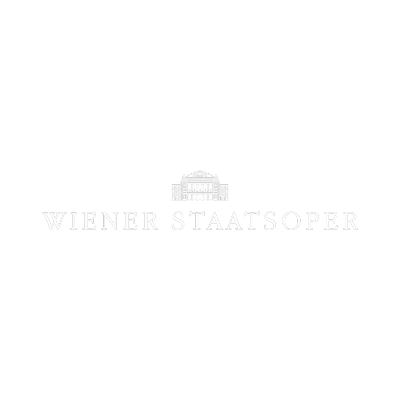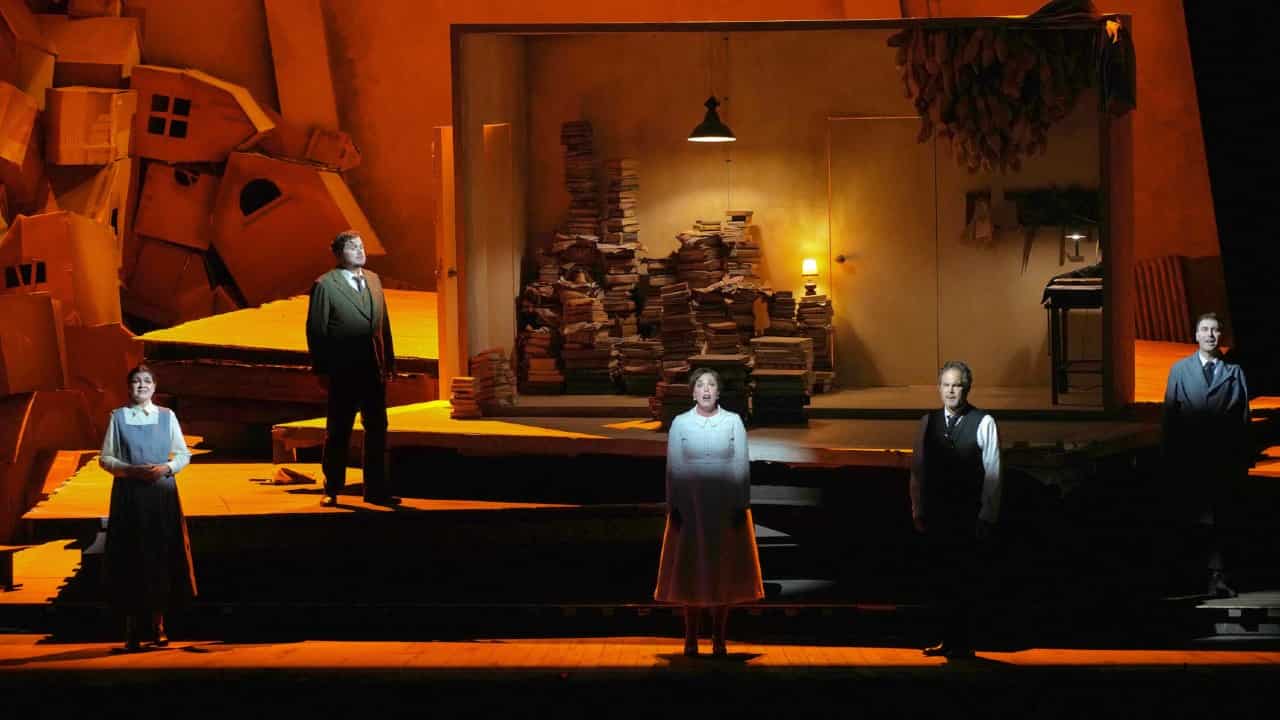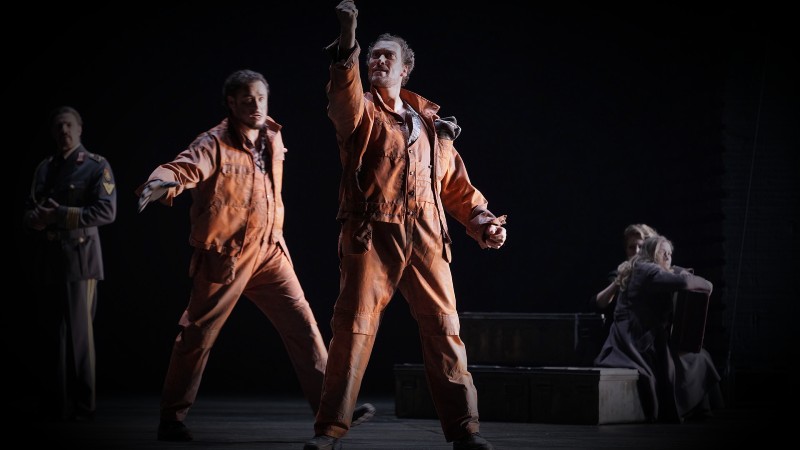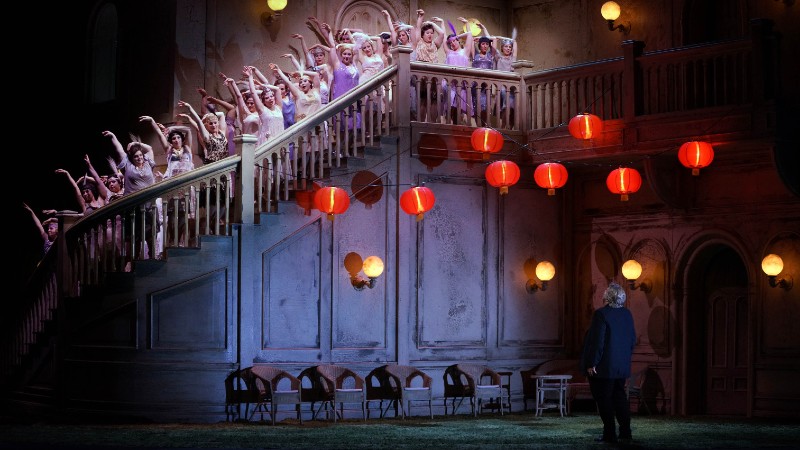‘It is Wagner's compositional and dramaturgical perspective on memory in Parsifal from which I developed my stage concept: A grown man of my age remembers the young man, almost still the boy he once was. For us, Wagner's music arises from the inner movement of the protagonist and is placed in the context of an experimental scenic arrangement. Parsifal is overtaken or overwhelmed by his memories, sometimes he loses himself in them. He discovers the repressed. The break in time between the first two acts and the third led me to tell the story of the mature Parsifal in a flashback, so to speak, which takes us through the events of the first two acts until we reach the narrator's present in the third act. In all three acts there is what I understand as a sacred or mystical encounter between the Parsifal of then and the Parsifal of now. It is important for me to underline that I have created a poetic space of memory in which - just as in our memories - there can be contradictions and in which different levels can overlap or replace each other as in a cross-fade’. (Kirill Serebrennikov)
Title available only to subscribers in Spain and Latin America.
Sacred stage festival in three acts
Music by Richard Wagner (1813-1883)
Libretto by Richard Wagner, based on the medieval epic poem Parzival by Wolfram von Eschenbach
Wiener Staatsoper Orchestra
Chorus of the Opéra d'État de Vienne
Artistic team
Conductor | Philippe Jordan
Stage, costume and scenery director | Kirill Serebrennikov
Lighting | Franck Evin
Choreography | Ran Braun
Chorus director | Thomas Lang
Cast
Amfortas | Ludovic Tézier
Titurel | Stefan Cerny
Gurnemanz | Georg Zeppenfeld
Parsifal | Jonas Kaufmann
Klingsor | Wolfgang Koch
Kundry | Elīna Garanča
Count Rodolfo | Roberto Tagliavini









